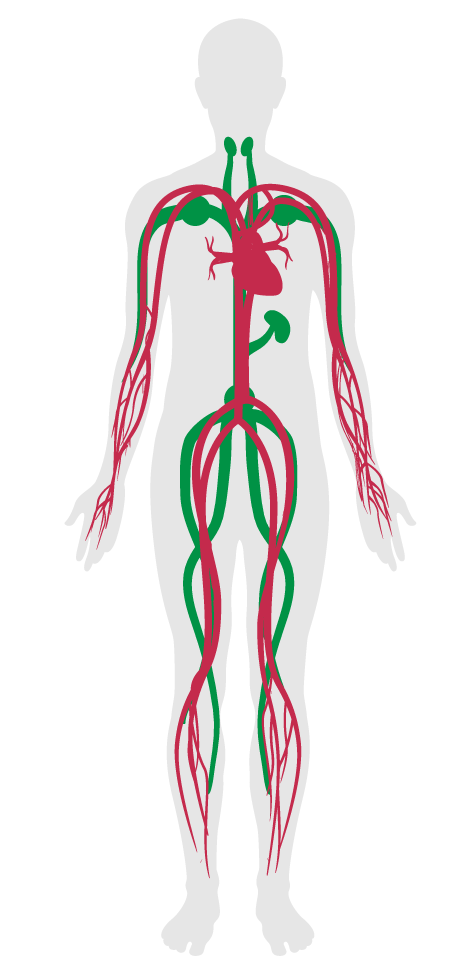Responsible food production
Features/Nourishment/Feature 49
- 38 Fruits and vegetables
- 39 Processed foods
- 40 Food allergies
- 41 Hand washing
- 42 Food contamination
- 43 Artificial ingredients
- 44 Nutritional information
- 45 Food advertising
- 46 Safe food preparation materials
- 47 Serving sizes
- 48 Special diets
- 49 Responsible food production
- 50 Food storage
- 51 Food production
- 52 Mindful eating
- P1 Food environment
- P7 Strategic Dining Design
Responsible food production
Intent:
To reduce occupant exposure to pesticides or hormones, limit environmental degradation and promote humane livestock practices.
BACKGROUND
Organic and sustainable farming practices are designed to reduce environmental pollution and increase the quality of life of livestock that we rely upon for food. Organic farming makes up a rapidly growing share of food cultivation processes in the U.S. due to increasing demand from conscientious consumers. While research on health effects of consuming organic versus conventionally-grown foods is still inconclusive, studies have found higher levels of antioxidants and lower levels of pesticide residues and antibiotic-resistant bacteria in organic as compared to conventionally-grown foods.
If meat, egg or dairy products are sold or provided on the premises on a daily basis by (or under contract with) the project owner, they meet the following criteria for the humane treatment of livestock:
a.64
Certified Humane™ labeling.
b.63
Federally Certified Organic labeling.

